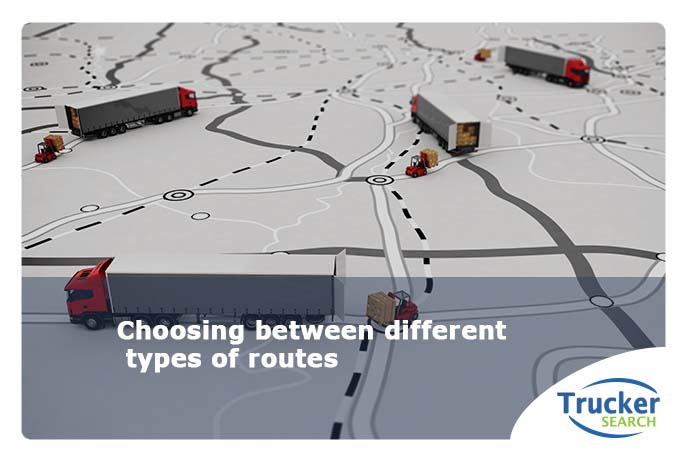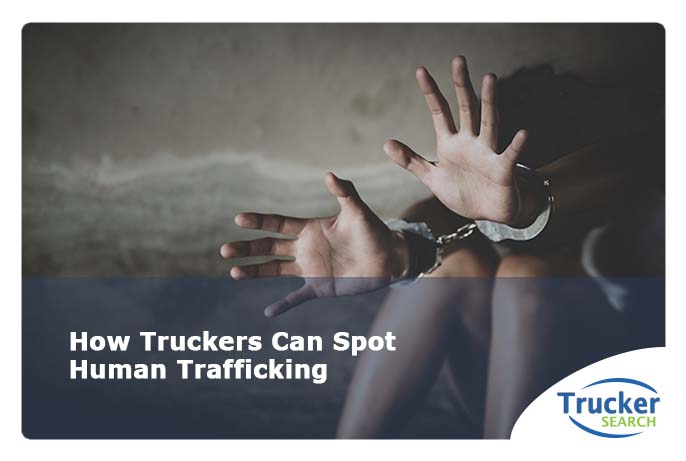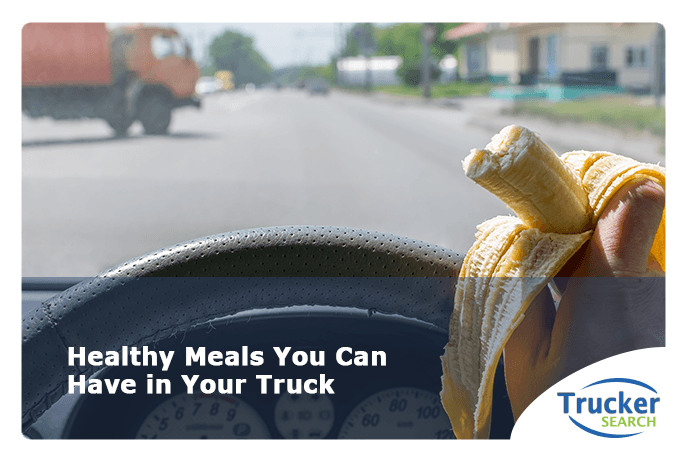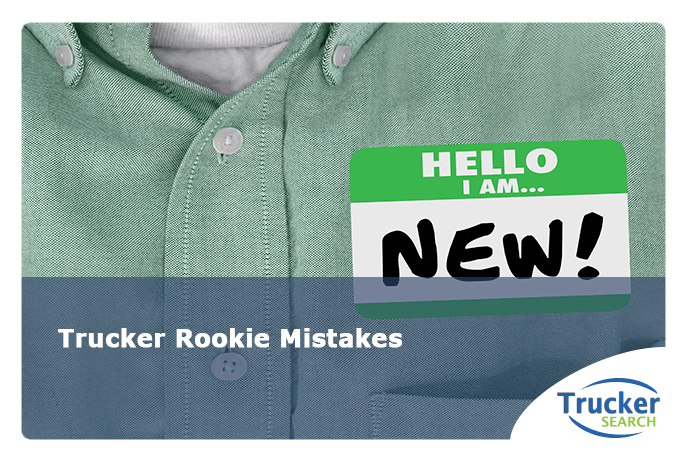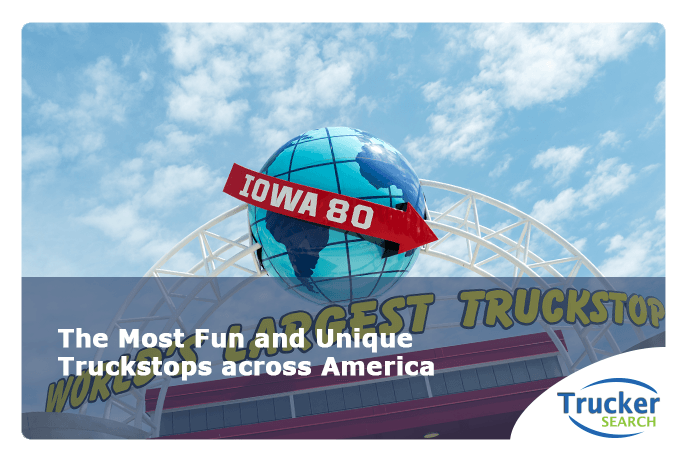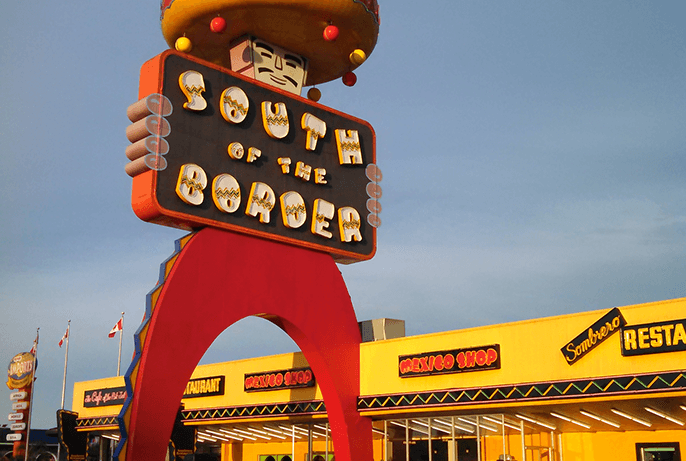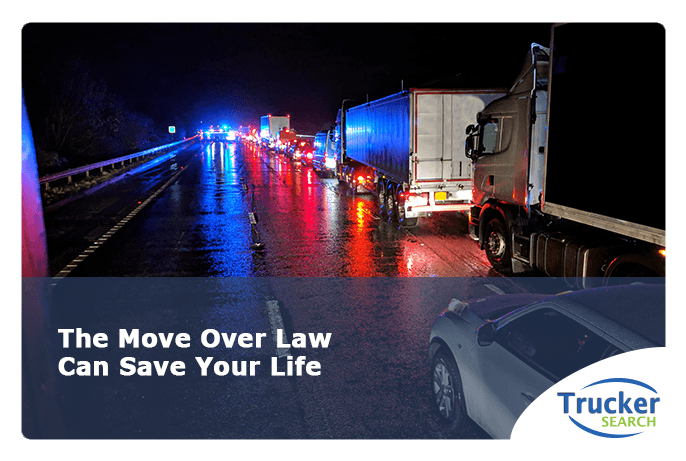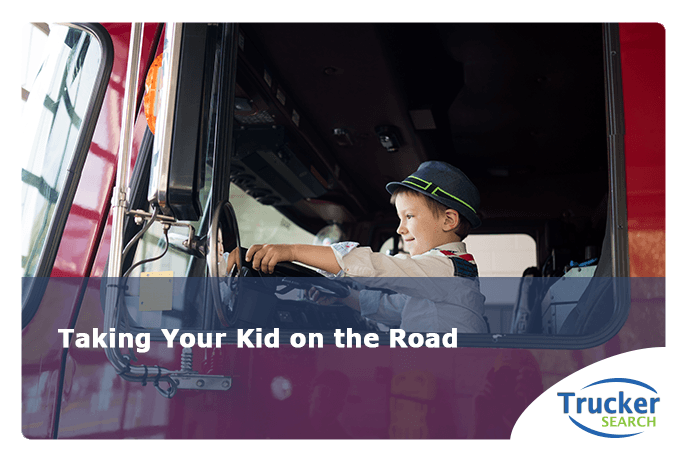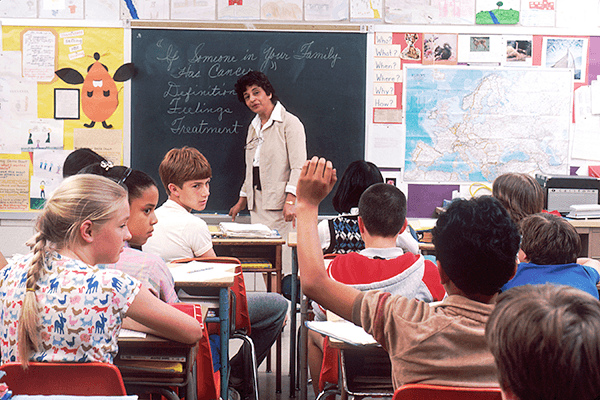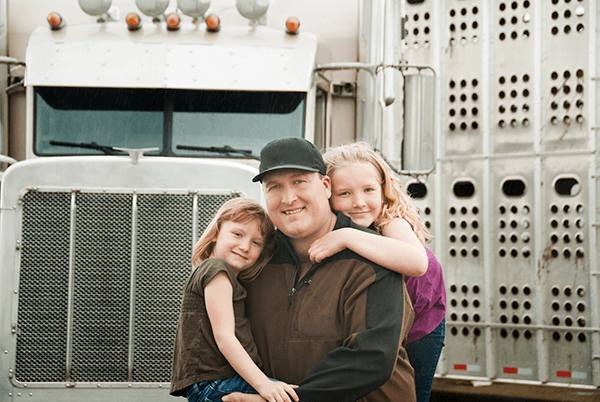There are pros and cons to each one, more peanuts, less caramel, so it may seem like an impossible choice since both are great options. While you might not like driving as much as candy bars, the difficulty of the decision remains. The benefits of choosing one route over another may be less clear-cut. The best way to decide is to weigh your options objectively to have a good understanding of the different route types available to you.
The Road Being Traveled
When driving, you likely aren’t looking for the road less traveled regardless of the type of route you choose, but that’s not something you have to worry about most of the time when choosing a route as there are many drivers on the road with similar routes that understand the dilemma you are facing now when choosing a specific mode of travel. As far as routes go, there are four major classifications, local, regional, long-haul, and dedicated. Drivers on all these routes are an incredibly crucial component in the proper transportation of goods from pickup to drop off, but there are different conditions and expectations for each route classification that may make one stand out as a better option for you.
Map It Out
Most routes are classified by their distance from home base. For instance, local routes cover very specific areas where you will likely not venture far enough for overnights and be able to return home each day. Regional routes cover a larger distance and may have you travel in specific parts of the United States, like the East Coast or Midwest. Long Haul drivers experience the furthest traveling distance and can expect to go anywhere in the country, and possibly even to Mexico and Canada.
Dedicated routes are a little different as they can be many distances, though they are often local distances. These routes are determined by their regular hours and continued employment, as many routes can be one-time deals with a particular company. Dedicated routes work quite well for those seeking very stable employment and regular hours.
Finding Your Path
Choosing a route should be dependent on how you feel and what you think you’re capable of when driving. If you really enjoy traveling for long distances and are okay with being away from home for a while, regional or long-haul driving may be a great choice for you as it allows you to see an incredibly vast amount of the country. If you’re a bit more tethered to home and would like to be back in your own bed for the night, or have a family that requires your support, taking on a local route may be more beneficial for you.
Planning and Preparation
Weighing the pros and cons of routes is the best way to discern which option may be the right choice for you. As you consider driving different routes, think about which type would benefit you the most and cause the least amount of stress and the most gain for your time. Trucking is a diverse field with many different jobs available to suit almost anyone, so be sure to do your research and take on routes that are good choices for your well-being.

